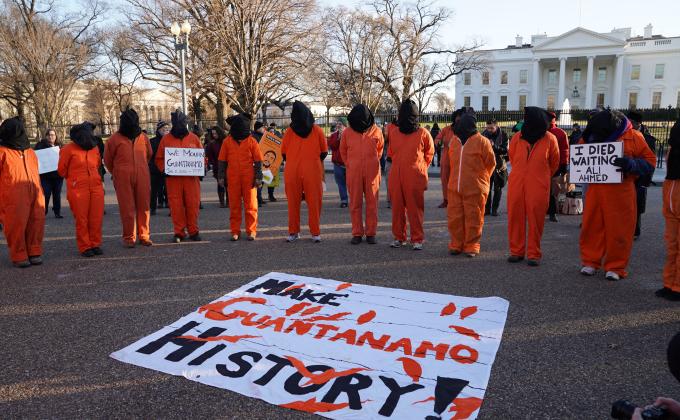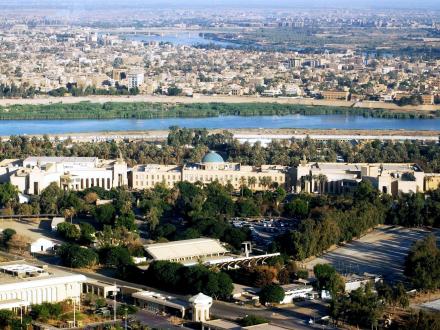When troops of the self-proclaimed “Islamic State” conquered areas of northern Iraq in August 2014, they turned against the religious minorities in the region, particularly against the Yazidis, with extreme brutality. Many men were executed; women and children were kidnapped and often systematically raped. IS specifically targeted children and adolescents, who were torn away from their families to be trained as child soldiers. This involved religious indoctrination on a daily basis and intimidation combined with weapons training. By means of force their personality and identity were changed until they were made compliant. Following the liberation from IS terror, former child soldiers are especially vulnerable to developing post-traumatic stress disorder symptoms. They need long-term psychosocial support to cope with their trauma and mitigate any potential threat they may pose. This policy brief focuses on the situation of children and adolescents living in post-IS Iraq and underlines the need for better psychosocial care for these people in order to allow them to cope with the mid and long-term consequences of the violence they were exposed to. Further, the psychological stress of child soldiers, possible dangers that can be caused by them, and recommendations for psychosocial care are shown.
* The ISSN number that is in the PDF is incorrect. The correct ISSN number is 2468-0664. We apologise for any inconvenience this may have caused.








